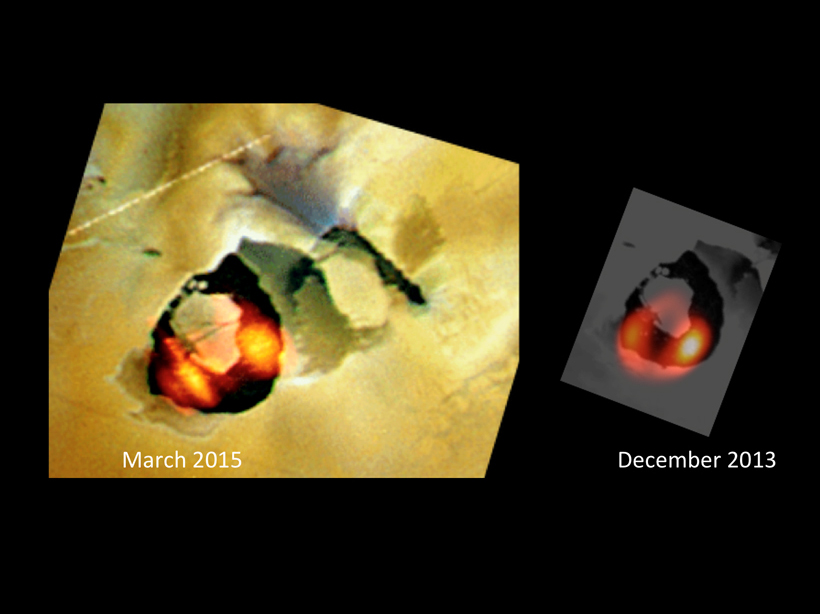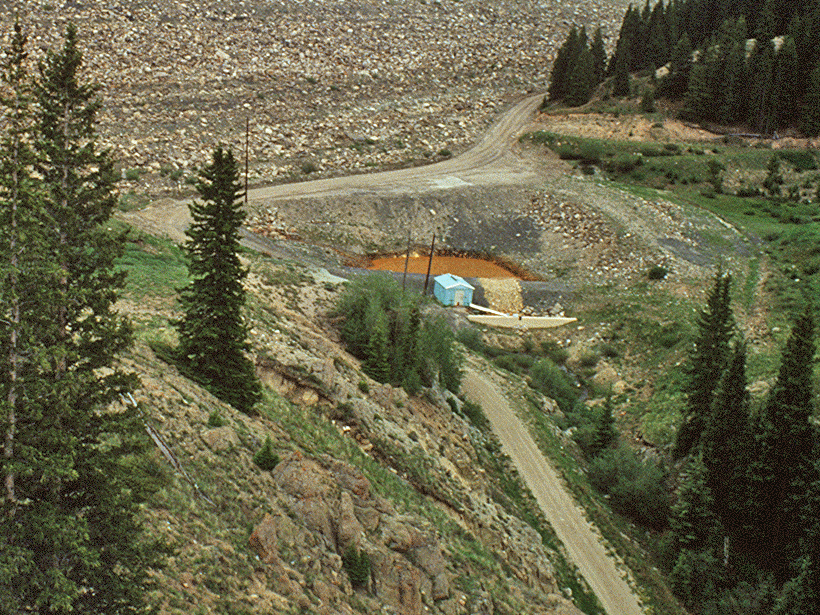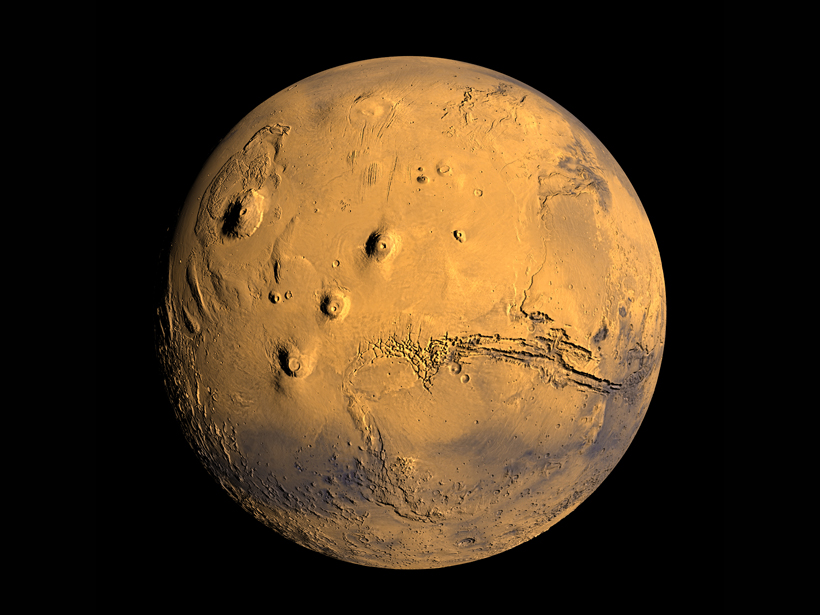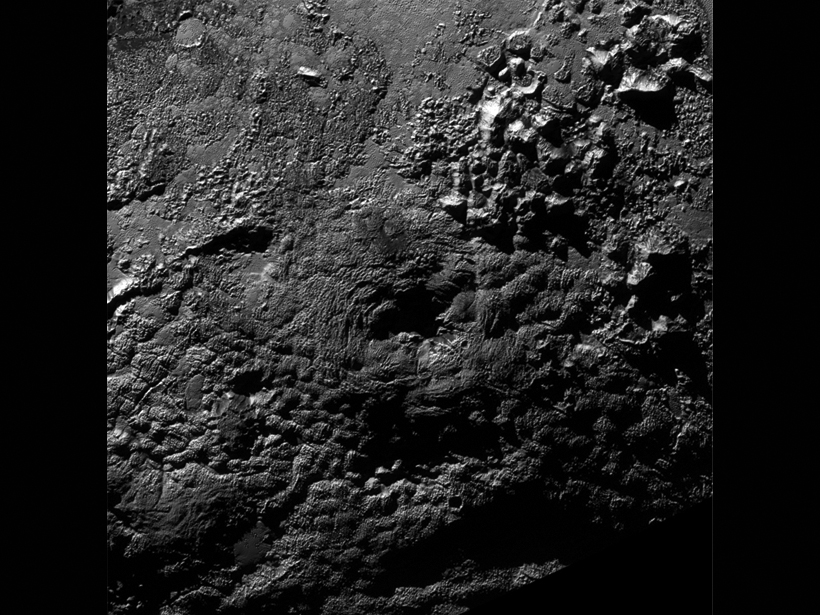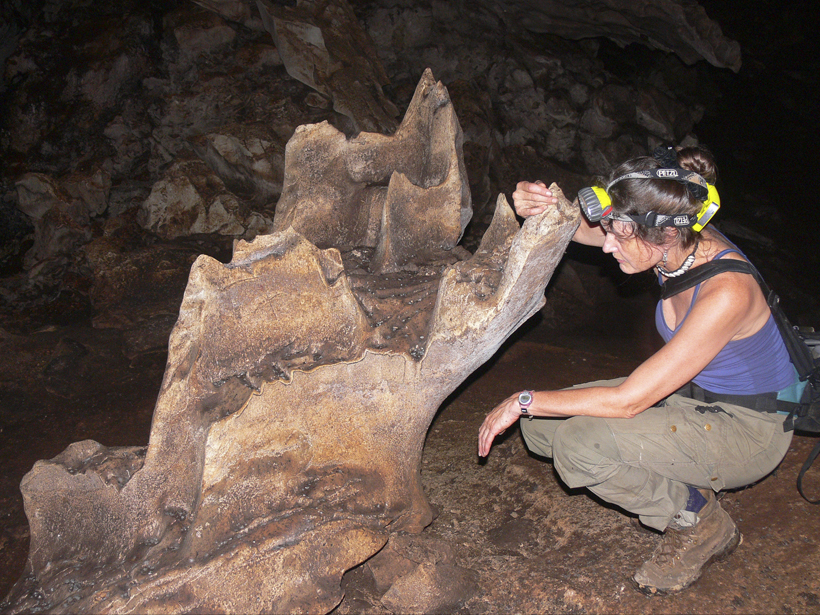New research that may presage effects of climate change on this species looks back 22,000 years, finding robust growth in the East Antarctic population as melting followed the last ice age.
News
Climate Change Is a Conservative Issue, British Minister Says
The UK foreign minister argues for dealing with climate change with market-based solutions. Asked separately about this approach, a U.S. cabinet secretary supports the general goal.
Jupiter's Europa Helps Earthlings See Sister Moon's Volcano
By briefly slipping between Earth and sister Jovian moon Io, Europa fortuitously enabled an Earth-based telescope to observe, with greater detail than ever before, a huge, puzzling volcano on Io.
F. Curtis Michel (1934–2015)
A veteran Air Force pilot who cofounded the Space Science Department at Rice University, Michel contributed to high-energy astrophysics, space plasma physics, and planetary science.
New Reactive Barrier May Protect Groundwater from Mine Waste
Researchers are developing a porous concrete filter to pull harmful dissolved metals out of water.
The Dwarf Planet That Came in from the Cold—Maybe
The presence of ammonia-rich clay on much of the surface of Ceres suggests that this dwarf planet—the largest object in the asteroid belt—may have formed far out in the solar system, then wandered in.
3-D Models Put Scientists, Students in Touch with Planets
Three-dimensional printing gives planetary scientists new ways to explore distant worlds and engage students.
Pluto: In the Icebox but Maybe Still Cookin'
New evidence of ice volcanoes and of middle-aged terrains on Pluto's surface suggests that the dwarf planet has remained geologically active ever since it first formed billions of years ago.
New Spin on Pluto's Moons
Strangely speedy rotation rates of Pluto's tiny orbiting companions show up in a trove of images taken as the New Horizons spacecraft approached the dwarf planet last spring and early summer.
How Bat Breath and Guano Can Change the Shapes of Caves
Researchers working in caves in Borneo and elsewhere are finding evidence that biological processes shape many tropical caves by slowly eating away at surrounding rock.



